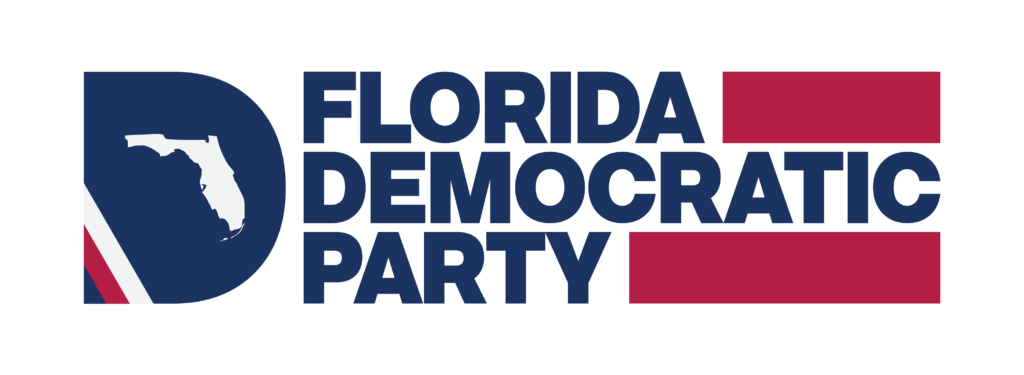In the News
Marco Rubio’s National Abortion Ban Would Force Women To Get Invasive Transvaginal Ultrasounds And Fails To Protect Victims Of Rape And Incest


New reporting reveals that the national abortion ban Marco Rubio helped introduce last week would force women to undergo transvaginal ultrasound procedures in order to make their own personal health care decisions. In addition, the legislation’s exceptions for victims of rape and incest wouldn’t apply to most victims of these crimes, preventing them from getting the health care they need.
“Marco Rubio’s plan for a national ban on abortion would force women to undergo invasive transvaginal ultrasounds, and could still require countless victims of rape and incest to give birth. Floridians deserve leaders who will respect their rights and freedoms, not politicians like Marco Rubio who want to impose new restrictions on their private health care decisions,” said Florida Democratic Party spokesperson Grant Fox.
Read more below:
NBC: Doctors say Graham abortion ban would force women to have transvaginal ultrasounds
Key points:
- “Sen. Lindsey Graham’s national 15-week abortion ban would likely force many women to undergo invasive transvaginal ultrasounds before terminating pregnancies, according to doctors.”
- “Under the bill, which Graham introduced last week, physicians could be prosecuted for terminating pregnancies after 15 weeks, except in a handful of scenarios: to save the life of the mother or in cases where the pregnant woman or girl has previously reported that the pregnancy resulted from rape or incest.”
- “Because violations of Graham’s proposed 15-week ban would be punishable by up to five years in prison, doctors say the legislation would create a powerful incentive to perform transvaginal ultrasounds to make an age judgment.”
The 19th News: Abortion bans like Lindsey Graham’s say they have rape and incest exceptions — in practice, they don’t work.
Key points:
- “But exceptions for the life of the pregnant person are notoriously difficult to receive; physicians have said the requirement of providing abortions only in an emergency can force them to wait until a patient is in dire condition before providing them needed care. And the rape and incest exceptions written into the bill — much like the ones that exist in a handful of state abortion bans — are nominal at best, sexual violence and abortion policy experts said. They require reporting and paperwork that does not occur in the majority of sexual assault cases.”
- “These exceptions require people to jump through significant logistical, legal and bureaucratic hoops that render them nearly impossible to utilize, experts said.”
- “Accessing abortion through the rape or incest exceptions ‘would be exceedingly difficult legally — virtually impossible,’ said Elizabeth Nash, who tracks state abortion policy at the Guttmacher Institute, including the impact of states’ alleged rape and incest exceptions. ‘These types of exceptions do a great disservice to sexual assault survivors.’”
###


